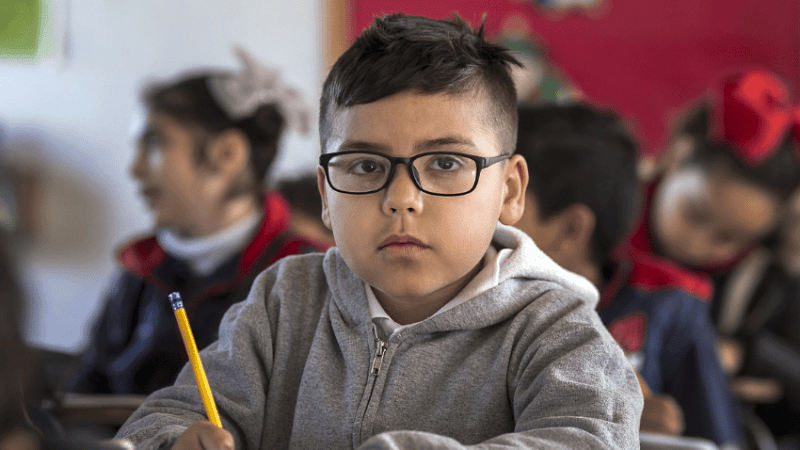“‘Inclusion’ Isn’t Right, Doesn’t Work and Perpetuates Discrimination Against Children with SEND”

It doesn’t lead to equitable adult outcomes for those with disabilities, and in fact perpetuates and legitimises the discriminatory way in which we’re encouraged to view ‘ability diversity’ within wider society

- by Teachwire
- Classroom expertise and free resources for teachers

At my school, we don’t do inclusion.
There’s no inclusion department or SEND corridor. No TAs or alternative pathways. Students aren’t withdrawn from lesson for extra literacy or numeracy with a non-specialist (or non-teacher) into some other area of the school.
Students aren’t excused from our values, exempt from expectations or from participation in the school community.
Now, don’t get me wrong – we do have students identified as having SEND. Sixteen per cent of our students are on the SEN Register and 1% have EHCPs, and you can rest assured that we’re meeting their needs and observing all of our statutory duties.
We’re rated Outstanding, and our 2016/17 Progress 8 score is 1.22 (1.03 for SEN Register / EHCP students and 1.37 for disadvantaged students), making us eighth in the country and the highest performing school in Leeds and Bradford.
We simply do things differently.
The truth about ‘inclusion’ is that it isn’t right and doesn’t work. It doesn’t lead to equitable adult outcomes for those with disabilities, and in fact perpetuates and legitimises the discriminatory way in which we’re encouraged to view ‘ability diversity’ within wider society.
‘Inclusion’ amounts to all the ways we include children with SEND in an education system that wasn’t designed with them in mind.
Our students are the next generation of employees, employers, parents and carers. What we teach them in schools matters, because we’re mixing the ingredients of tomorrow’s society.
We can either perpetuate the problems we have now, or we can start to make things better.
Attitude is everything
So how do we do that? Create a school where no teacher is waiting (and hoping!) that someone is going to come and sit with their SEND kids or take them out of their lesson.
All teachers are teachers of SEND, and as long as you have a SEND or inclusion department, you’re perpetuating the received wisdom that SEND is something different and someone else’s responsibility.
Create a school where kindness, accountability, personalisation and high expectation apply equally to every child. Attitude is everything – stop seeing ‘students’ and ‘SEND’ students as two different things.
If you design a school for the least able and most vulnerable children, it will work for everyone.
If you have students who struggle with with transitions, for example, or during breaks and lunchtimes, the solution isn’t to have TA-supported transitions or a ‘safe space’ for vulnerable students at social times – it’s to make your school safer.
‘Special needs’ are ultimately those human need to be safe, confident and facilitated to succeed. Teacher-supported transitions should the norm. Breaks and lunchtimes should be contained and well-staffed.
Assemblies at the start and end of each day will reduce issues relating to behaviour, punctuality, truancy and bullying. Your vulnerable learners can be independent and meet expectations alongside their peers.
Every student is a unique and complex individual, with needs that will only be best met once we stop trying to categorise and subdivide them.
At my school, we have a holistic pastoral department that we call ‘Mountain Rescue’, based on the idea that every student is climbing a mountain en route to a destination that will enable them to thrive in a top job and have a great life.
Our approach is to meet the needs of every student when they need it and because they need it. This thinking doesn’t just replace our SEND/inclusion, but also the teams we would otherwise have for pastoral, behaviour, safeguarding, looked-after children and medical issues.
Our year heads, SENCo, safeguarding leads, mentors, first aiders and other specialist staff all work together in a shared office to provide support that’s there for all students equally.
At my school, we do diversity and team spirit. We encourage high expectations, but we also nurture. We strive for equality, equity, fairness and justice. We do whatever it takes, for as long as it takes.
But we don’t do inclusion.
Nicole Dempsey is head of the Mountain Rescue team at Dixons Trinity Academy.







